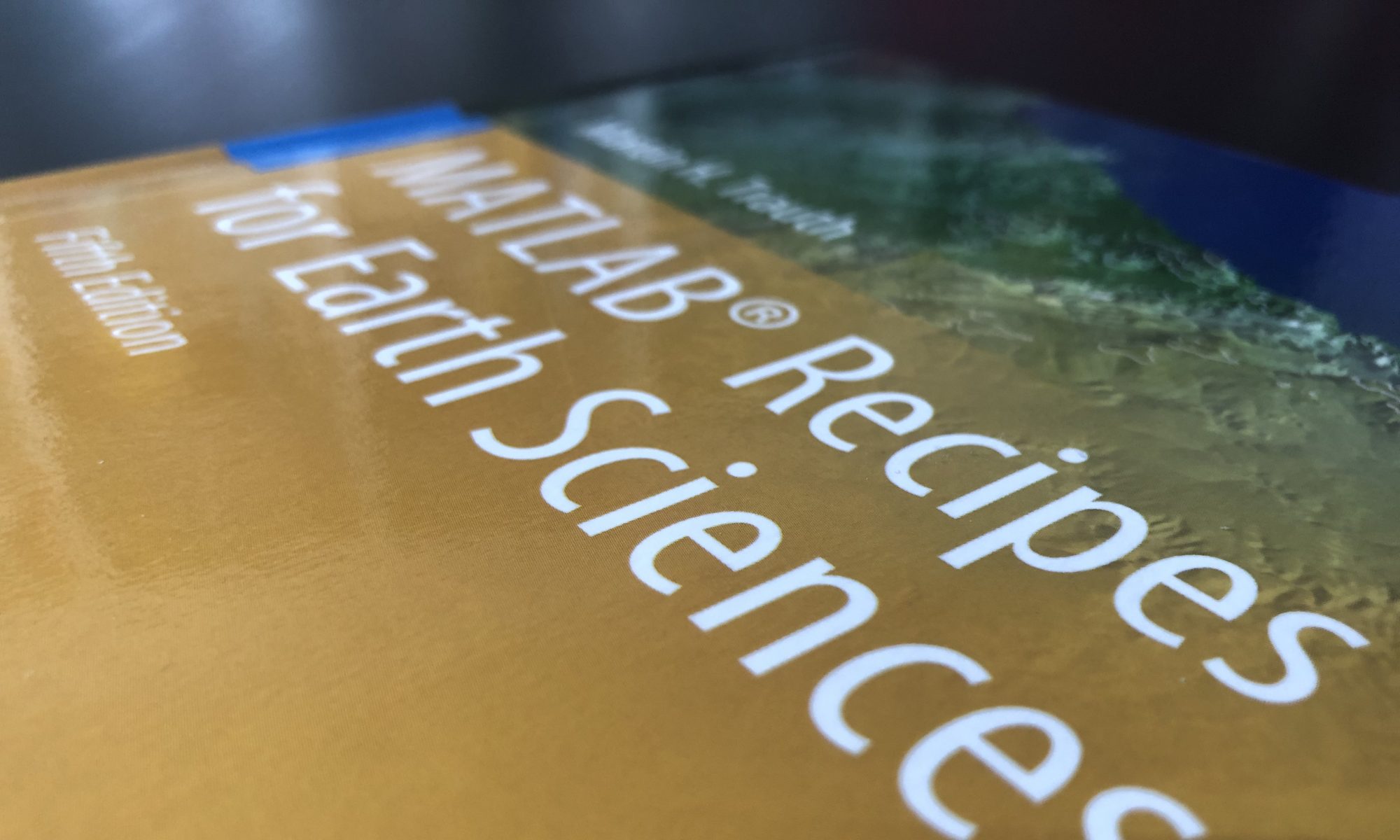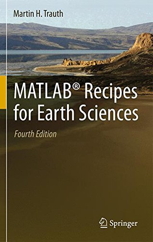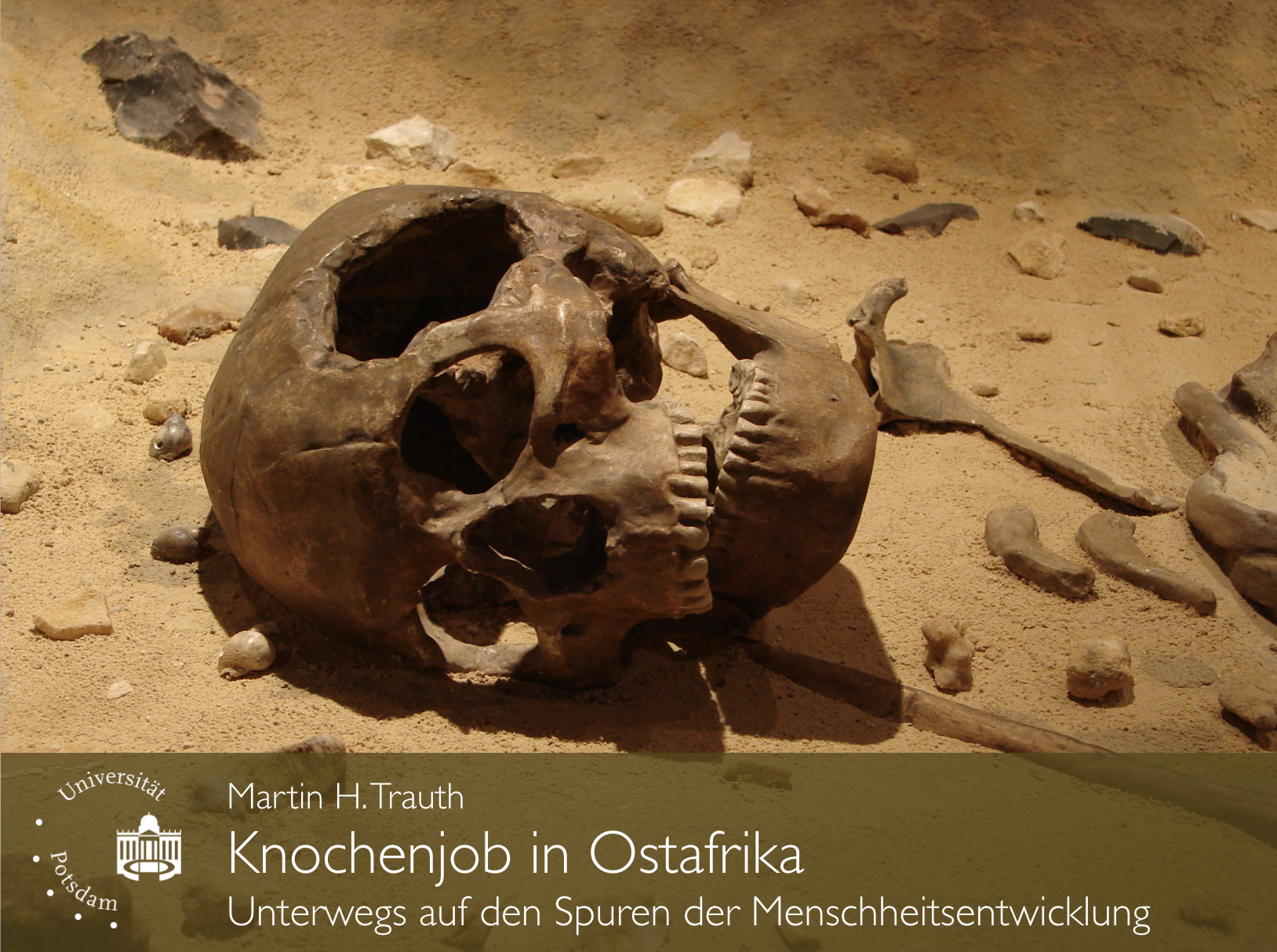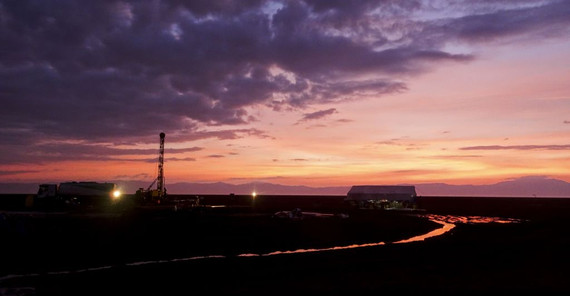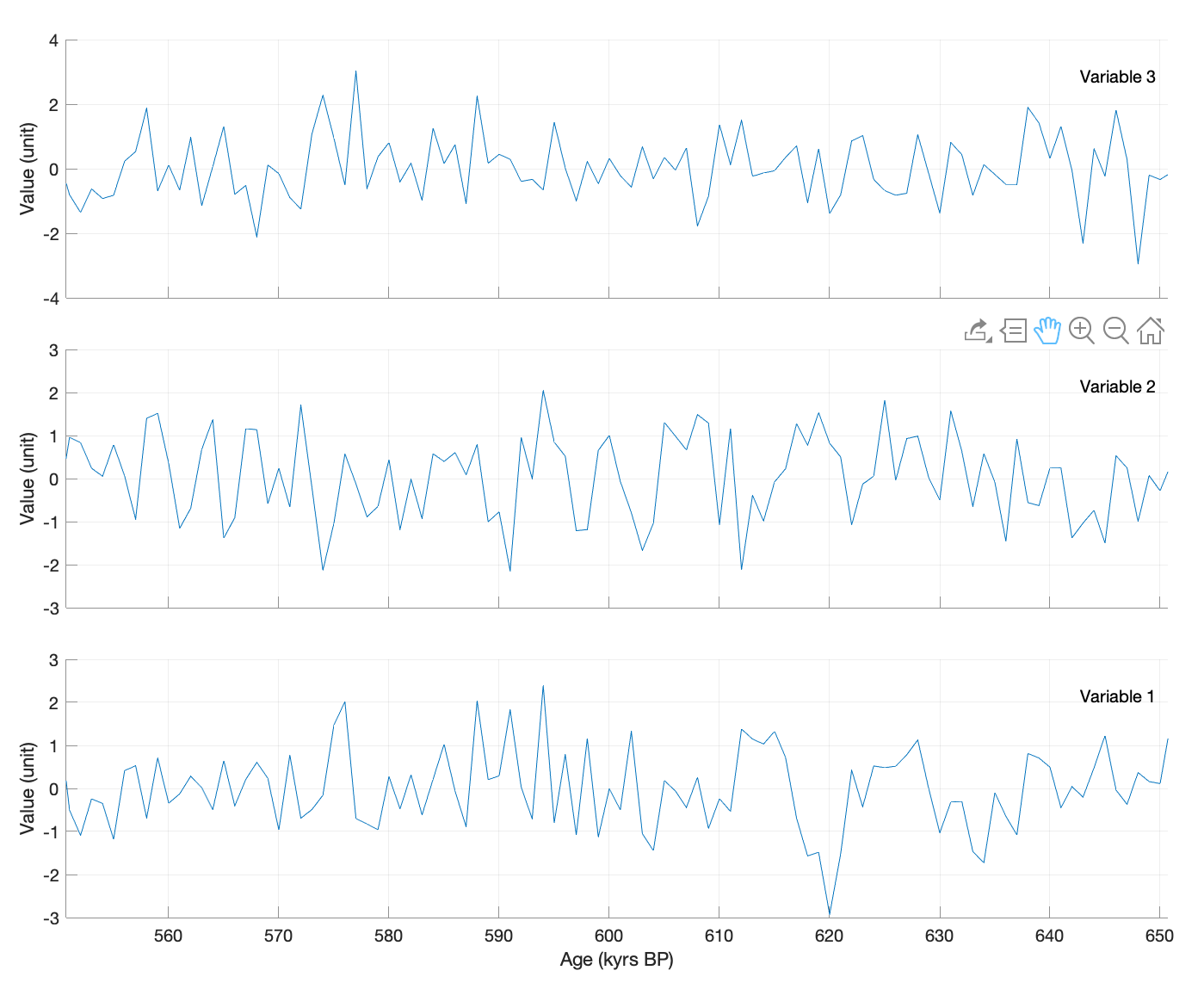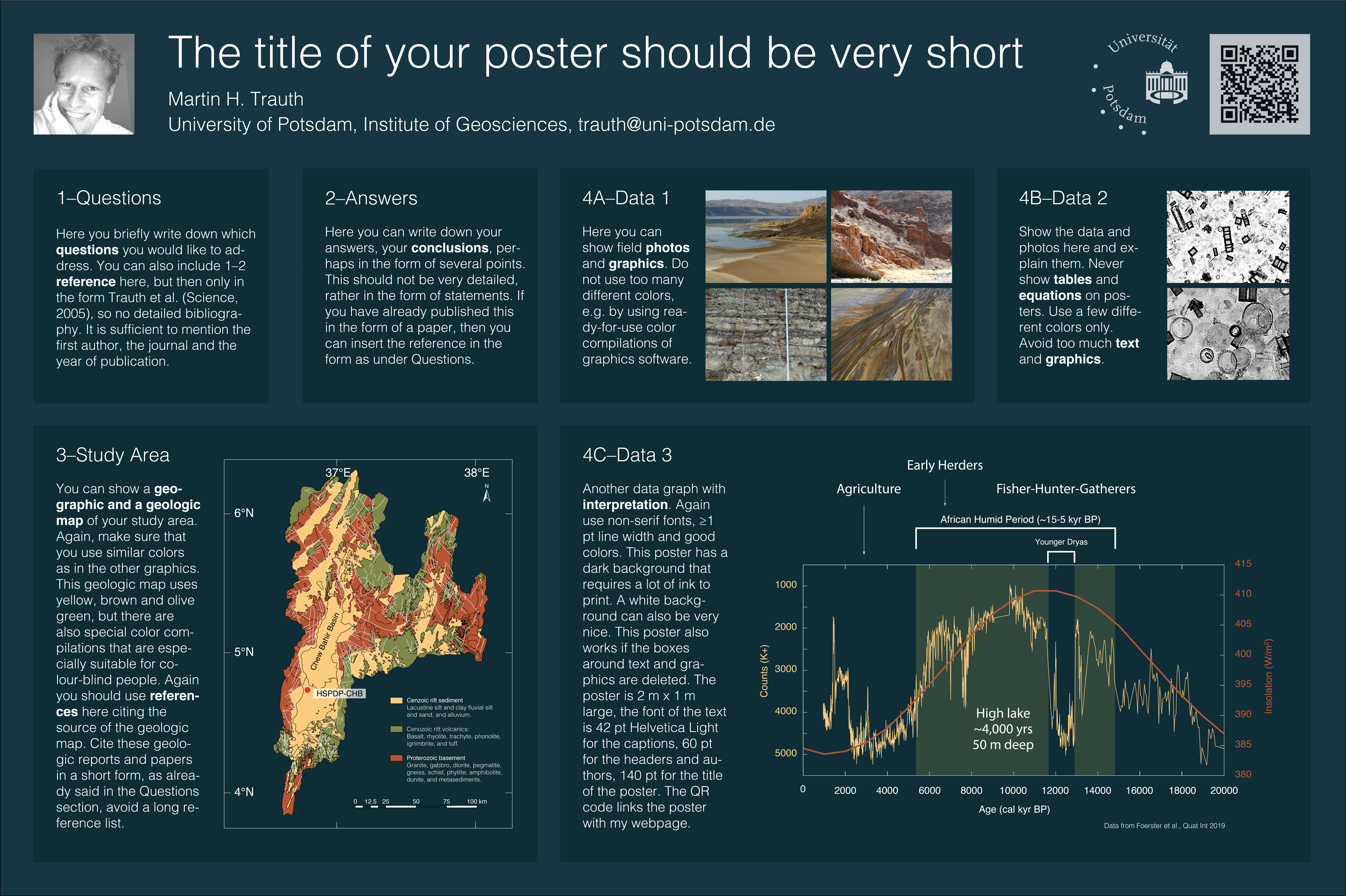The spring courses on MATLAB Recipes for Earth Sciences in Potsdam will be held on 17–21 Februar 2020 (in English language) and 30 March–3 April 2020 (in German language). Continue reading “48th and 49th Shortcourse on MRES in Potsdam”
MatCal: Open Source Bayesian 14C Age Calibration in MATLAB
 In the MDRES book I promote the CALIB software for cabrating radiocarbon (14C) dates. Today I received a nice message from Bryan Lougheed at Uppsala University. He, together with coauthor Stephen Obrochta, developed a MATLAB-based Bayesian age calibration function to calibrate 14C ages. Continue reading “MatCal: Open Source Bayesian 14C Age Calibration in MATLAB”
In the MDRES book I promote the CALIB software for cabrating radiocarbon (14C) dates. Today I received a nice message from Bryan Lougheed at Uppsala University. He, together with coauthor Stephen Obrochta, developed a MATLAB-based Bayesian age calibration function to calibrate 14C ages. Continue reading “MatCal: Open Source Bayesian 14C Age Calibration in MATLAB”
Public Lecture during the University of Potsdam Children’s University
On 27 September 2019 the University of Potsdam will once again open its lecture halls for 8–11 year old children in order to inspire them for the world of science. During the event I will teach a lecture on “Knochenjob in Ostafrika – unterwegs auf den Spuren der ersten Menschen” during the Children’s University Potsdam.
Fifth Chew Bahir Drilling Project Workshop at Neanderthal Museum
Next week scientists from the Chew Bahir project will meet at the Neanderthal Museum near Düsseldorf to discuss the latest results of the 290 m long ICDP cores from S Ethiopia. The project, as part of the international Hominin Sites and Paleolaces Drilling Projects (HSPDP), tries to fill gaps in the environmental history of eastern Africa, the habitat of early human ancestry. Within the framework of the project, two ~290 m long cores were collected in the Chew Bahir Basin in Southern Ethiopia including the last ~550,000 year history of environmental change in the southern Ethiopian rift were some of the oldest fossils of our own species were discovered. The latest results from analyzing these cores will be discussed during the workshop.
Workshop on Deep Learning with MATLAB at U Potsdam
Creating Better Scientific Posters, Part 2

In an earlier post I presented a template for a conference poster that had a dark background. The disadvantage of this template is that it uses a lot of printer ink. Here is the version of the same poster for those who prefer a white background.
Continue reading “Creating Better Scientific Posters, Part 2”
Synchronizing Axes of Multiproxy Data
When paleoclimatologists work with multiproxy data, they often have to display many variables in multiple axes, and then to zoom and browse through individual sections of the data series. Here is a MATLAB script that demonstrates how to link axes for zooming and paning. Continue reading “Synchronizing Axes of Multiproxy Data”
Creating Better Scientific Posters, Part 1
Industrial-organizational psychologist Mike Morrison is currently attracting a lot of attention on Twitter (#betterposters) and on YouTube where he suggests to create better science posters. He also provides templates for posters OSF. He basically complains about wall-of-text posters that he finds at conferences and suggests to use most of the poster area to include a colored rectangle with a central statement or conclusion. Here are my thoughts on the better poster movement. Continue reading “Creating Better Scientific Posters, Part 1”
